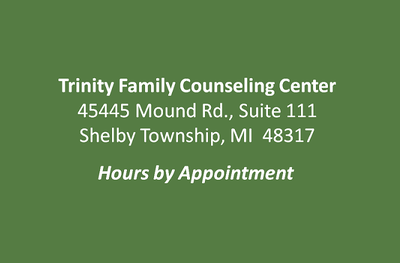Remarriage and Blended Families
|
The decision to remarry—to take that leap of faith again—can feel exciting, renewing, anxiety-provoking, and scary all at the same time! After all, you never imagined divorcing the first time, right?? Talking with a competent relationship counselor can assist you both in recognizing the mistakes that you do not want to repeat. Counseling can also provide both parties accountability for the promises of change that you have made as a result of this blessing of a second chance at marital happiness.
And, if there are children involved… The decision to remarry and bring together children from previous relationships requires adults who are patient, realistic, and able to selflessly prioritize the needs and feelings of each of their children—together. There are considerable challenges in learning to love someone else’s child(ren), managing the logistics of multiple custody and visitation schedules, and facing the harsh reality that the kids haven’t all “fallen in love” too! The consideration and effort exerted on behalf of the kids will assure each one of them of their value in their new blended family. The opportunity to process and address these issues - with the assistance of an experienced family counselor - can greatly enhance the blending of “yours and mine.” |
Counseling Insights and Articles About Remarriage and Blended Families:
|
Step Mothering: Entering The World Of Another Woman's Child, by Tonya Ratliff
Part-Time Fathering: The Odd Dad Out, by Tonya Ratliff |
Remarrying? What About the Kids?, by Tonya Ratliff
“One Big Happy, Crazy, Accepting, Blended Family”, by Tonya Ratliff Blended (?) Families, by Tonya Ratliff |









